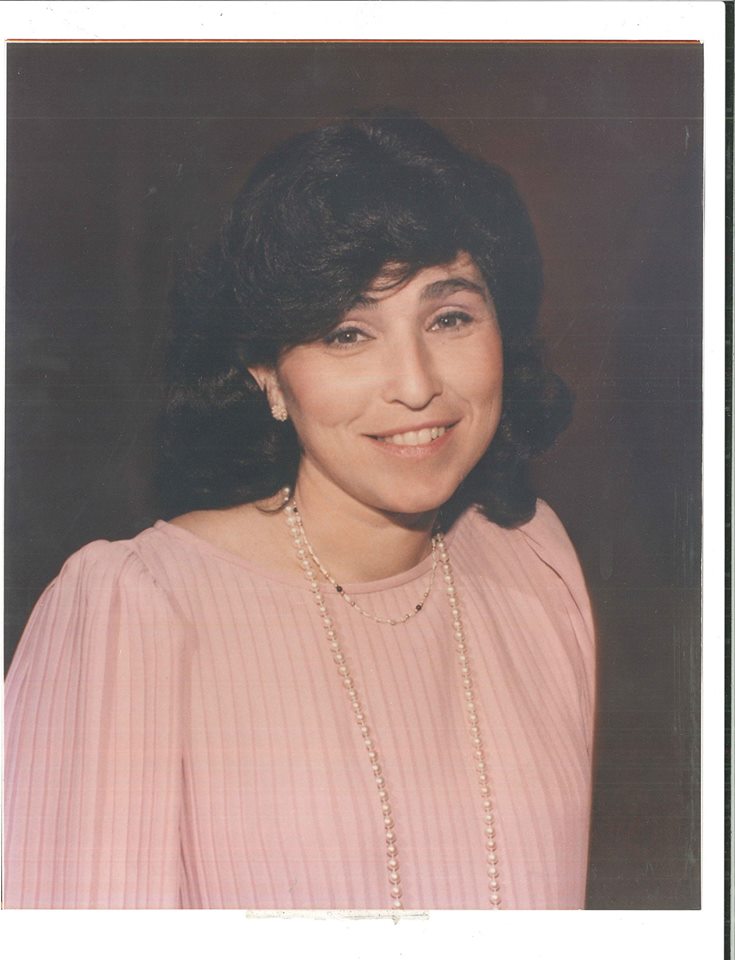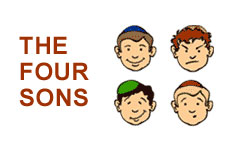I first met the family some 7 years ago, when I was called to perform a bris on their newborn son. A mutual friend had connected us, and was agreeable to do the bris, regardless of what they could pay.
I recall finding it interesting at the time, how a family that had been intermarried so many times, the women’s husband was not Jewish nor was her dad, still cared that a bris be done, and by an orthodox Rabbi/Mohel no less.
I chalked it up to a line I heard my uncle (Schwartzie) say often, that during the three major lifecycle events of a person’s life, even super secular non practicing Jews, reconnect with their roots. Hatch, match and dispatch. Birth, marriage and death.
I basically forgot about them until a few years later I got another call, that my mohel services were once again needed. I noted how the grandmother of the baby, was not present at bris one, but was at bris two. I was told that she was not well and didn’t think much more of it.
A few years later, (at this point, we were friends on facebook) I realized that baby one is now Hebrew School age eligible. So I reached out, and not long thereafter, child one joined our Hebrew School.
With time, the friendship developed and we got to know each other better, they spent a shabbat meal with us, and they were now in the orbit of our Chabad and lives. Making friends with other Hebrew school families and I was able to monitor their Jewish continuity, whether it was Chanukah or other Jewish holidays and activities.
Then I received a message, grandma, the one who missed bris one, and who had battled illness for the past 20 years had passed very unexpectedly. Can I help?
Of course I agreed to do whatever I could and thought nothing more of it.
When the funeral home called to confirm my availability I immediately agreed, and said yes, of course. That was until, I got the details.
She said, you are an orthodox Rabbi, so I assume you will want Taharah (ritual cleansing of the deceased – a very important part of the burial process) done? Yes, of course I said.
However, the woman from the funeral home said, that the family who were not practicing/observant Jews,and the husband who was married to the deceased, was a fine Italian man, and didn’t see the need or value in the Tahaha. Since it was all so sudden, the expenses were huge and unexpected. They didn’t see a need for the extra expense.
That made sense to me, so I offered, to trade my Rabbi’s honorarium for the Taharah. That would cover the cost with a bit to spare. The woman at the funeral home was so moved by the gesture and the fact that it was so important to me, agreed to co-sponsor the Taharah.
Problem one, solved.
Then in going over the details, she said that the service would be held at the Chapel, and the internment at the xxxxx Lawn Cemetery. I was not super familiar with that cemetery, but I knew it was not a Jewish cemetery. This again presented a halachik issue.
Not wanting to hurt or distance this family that we’d had come quite close with, I asked for some time to do some homework. I then made a flurry of phone calls, until I reached one of the top experts in this area of Jewish Law, R. E. Zuhn, and was given a special exemption based on various factors and assuming I be be able to put a few things in place. With this matter resolved, we were able to proceed.
I later met with the family, and as we went over a few details about the funeral, and reviewed the life of the deceased, it was clear, that everyone (the family, the funeral home, and myself) had joined together to ensure that this woman be buried in the holiest of manners possible.
Next on the agenda shiva. The family intended to spend a couple days sitting shiva, in whatever manner that was meant to be. However, making a minyan and saying Kaddish was certainly not on the agenda.
As Hashgocha protis (Divine Providence) would have it, I had yarhtzeit for my mother on the day of the funeral. I myself was having trouble putting together a minyan for mincha, as it had to be concluded earlier than many finish their work day.
I suggested that we merge forces, and do a shiva and yahrtzeit minyan at their home after the funeral.
They had the men needed for my minyan, and they were fine with saying Kaddish, and they were already assembling that afternoon. I needed to say Kaddish as well so everyone would gain.
Indeed, this is what we did. I gave a few basic instructions of what was needed for them to do, and the minyan began. Many of the minyan barely knew of or identified with their Jewish identity, but all donned Yamukah’s and said Amen at the appropriate places.
As I left the Shiva house a bit later, I reflected at the magnitude of what just took place.
You had two worlds, that seemed so diverse with no apparent areas for intersection, yet, when all was said and done, not only had we gotten together for mitzva, but we had crossed that narrow bridge that divides the orthodox religious world, and that less observant world, and managed to meet, and join, for the greater good of both.
I imagined the Baal Shem Tov and Rabbi Levi Yitzchok of Barditchev, two of the greatest lovers of the Jewish people, looking at this ragtag group of Jewish in suburban Boston, joining forces for the greater good of the Jewish people and then grinning happily with broad smiles on their faces as they witness the fulfillment of Ahavas Yisroel at its greatest.
May the soul of Chaya Bina Bas Yitzchok be bound in the bond of life!
Blog 29/52

